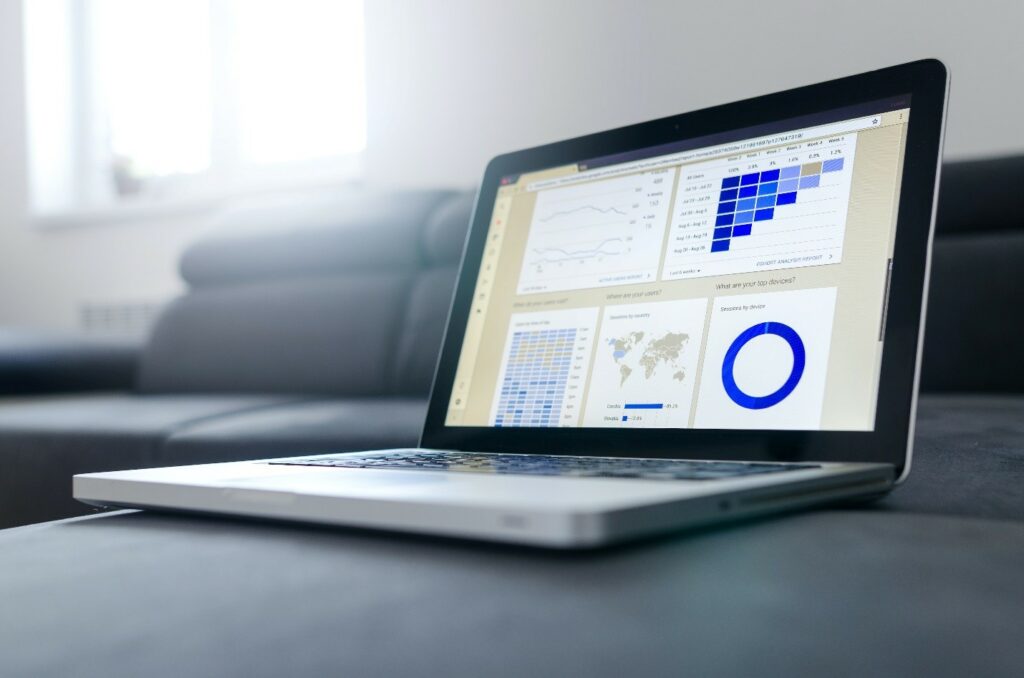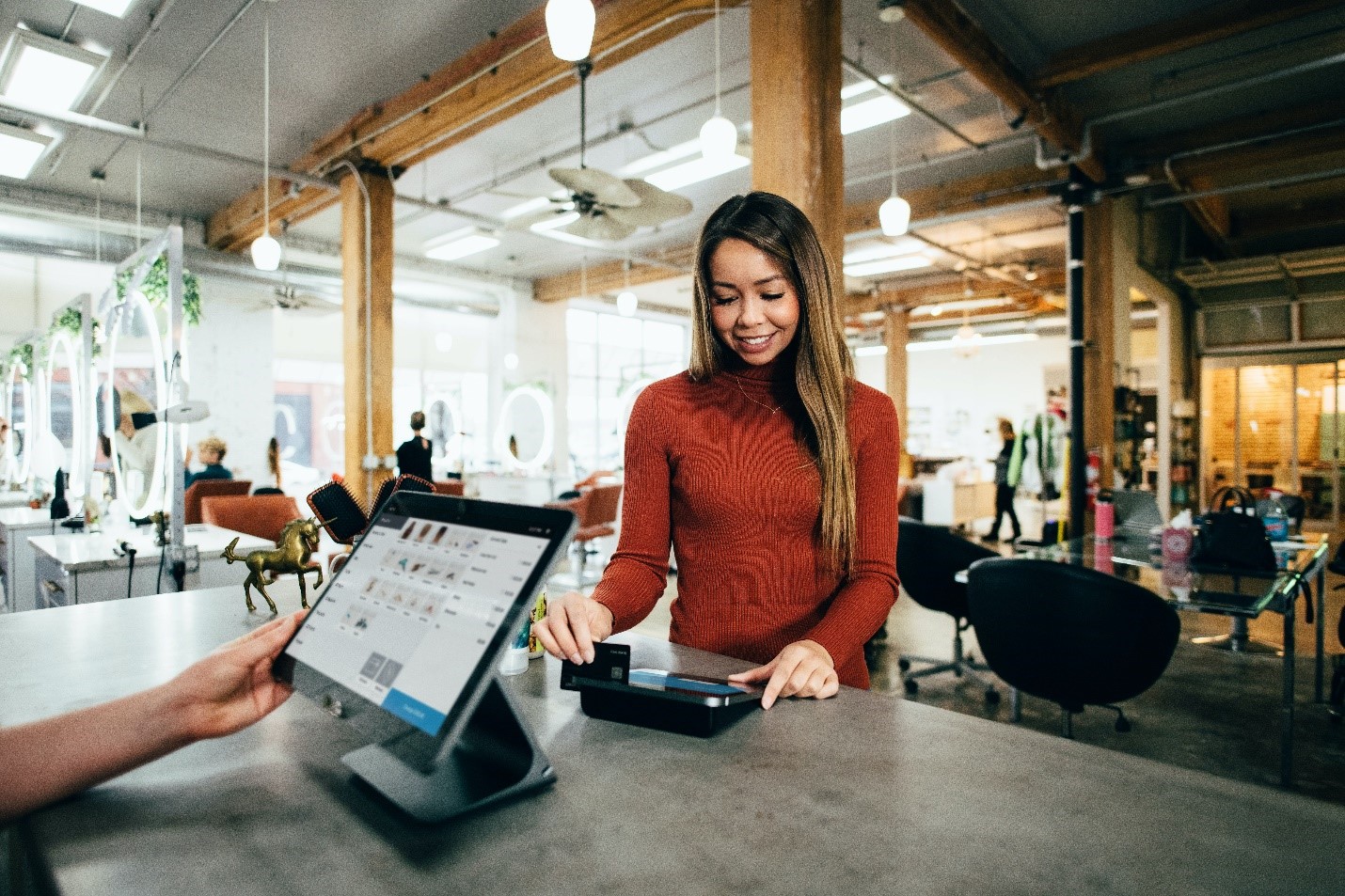Establishing a good relationship with the client pays off for a company in the long run. The best marketing that a business can get is through word of mouth, which can only be achieved when it has won over the trust and loyalty of its customers.
Clienteling is a technique retail salespersons utilize to form a long-term relationship with customers to better understand their preferences and purchasing behavior. It acts as a guide for sales associates to give a more personalized experience of customer service. Clienteling has proven to be a good experience for customers, giving them a more human and personal conversational experience.
Clienteling Software
The term ‘clienteling’ has become commonly known these days for the software used to assist sales associates in forming enduring relationships with customers while simultaneously collecting data relating to their tendencies, purchasing history, and preferences. The software collects all the data related to the customer and stores it in a database. This data, combined with the sales history data, helps sales associates give a very focused customer service experience, further improving the customer profile with every interaction. Another benefit of clienteling is that excess stock does not have to sit and waste away. Instead, we can use the gathered data to pair the right product with the right customer.

Types of Clienteling
Directed Clienteling
This is the more conventional method of clienteling with an employee-facing app that provides the sales associate with the toolset to correlate products and deals to certain customers based on their purchasing history, preferences, and behavior. All the information from the database is made readily available for the associate, who then employs the decision-making software to get a good idea of what to recommend to a certain customer.
Self-Directed Clienteling
This type of clienteling works on the other end with consumer apps. When customers enter a physical retail store, they usually use the store’s mobile application to compare prices, redeem discounts, check reviews, etc. This allows in-store sales associates to recommend relevant promotions and products to that customer, hence putting the right people with the right product.
Benefits of Clienteling
Clienteling through in-store applications can be highly beneficial for business due to the fact that around 80% of customers would rather shop in physical stores rather than shopping online. This means that sales associates can accurately and precisely track the more loyal and repeat customers and study their market behaviour and preferences. The associates can then use this knowledge to create a more attractive portfolio of suggestions and recommendations for the customer. In this way, not only is there an increase in customer retention but the whole process of shopping becomes deeply personalized to the customer, hence maintaining long-lasting customer relationships with the brand.

When clienteling is done right, it provides the customer with a unique experience, chock full of personalization across online and in-store visits. It has been researched that nearly 40% of customers are more likely to become frequent repeat customers of brands that send them personalized messages and promotions. This goes to show how necessary clienteling is in all levels of retail to help cultivate a healthy relationship between a business and its customer.
Conclusion
Clienteling is acting as a revolutionary tool to facilitate improvements in the field of retail and customer service. Ensuring the customer is being recommended the right products that pertain to their interests is a surefire way to keep them loyal to your brand. As we see advances in technology, clienteling will also see improvements with new ways to engage and retain customers. Seeing as how it already provides sales associates with a comprehensive guide to boosting customer satisfaction, it proves to be a great marketing and customer retention tool.

